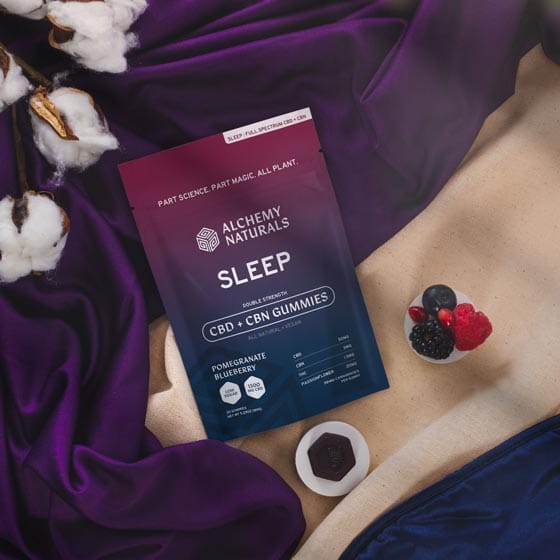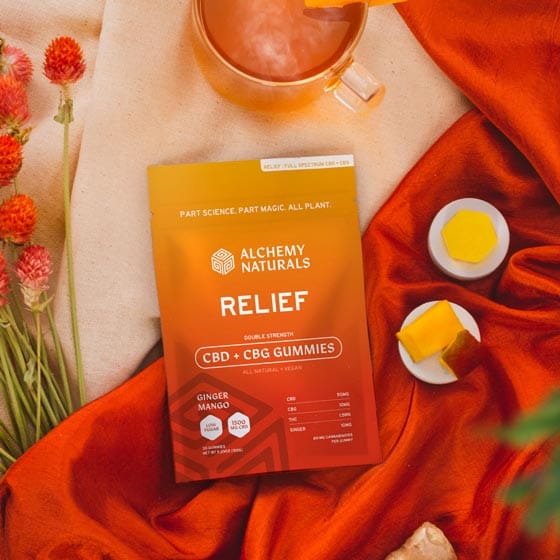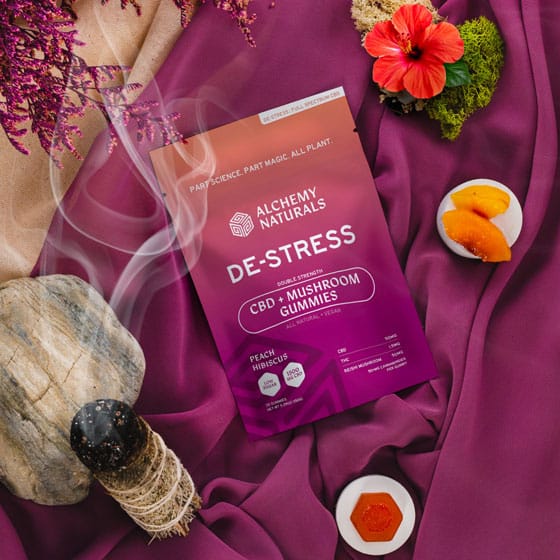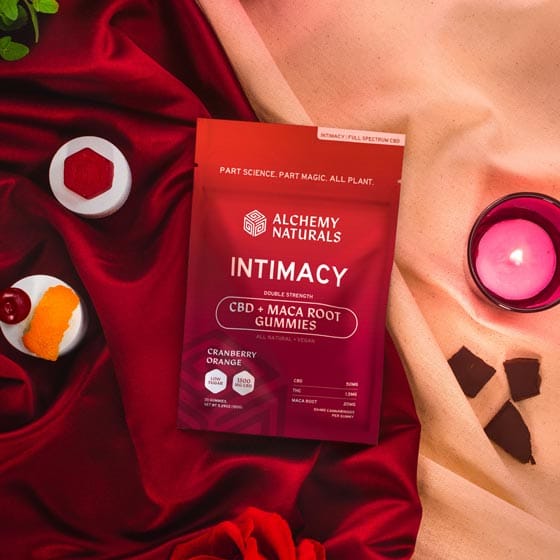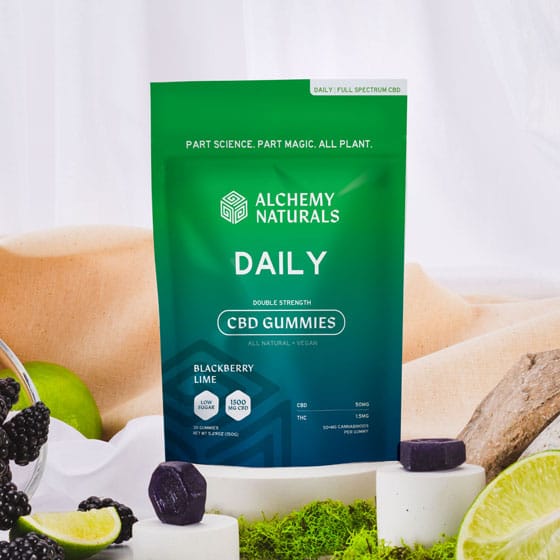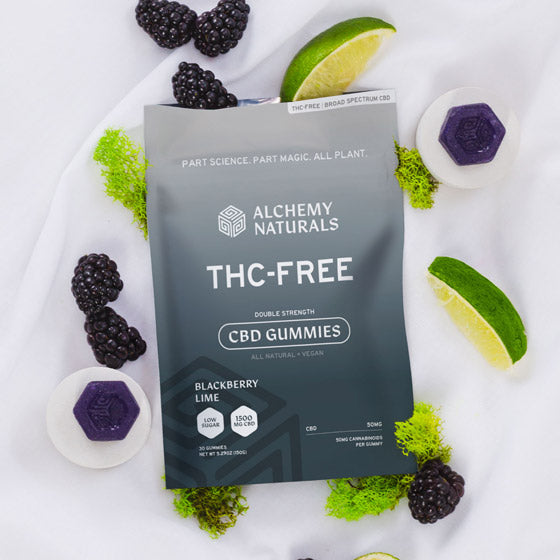Cannabidiol, or CBD, is becoming increasingly popular as an alternative wellness supplement, unlike THC, which gives users a “high” or feeling of intoxication, CBD is non-psychoactive. CBD will not impair an individual's thought processing but could provide a number of wellness-related benefits. One of the most frequently asked questions for beginners looking to try CBD for the first time is how much CBD should I take?
When determining the proper CBD dosage, consumers may want to consider a doctor or health professional to discuss their goals with CBD and individual circumstances that may affect their recommended dosage. Consulting with a health professional well-versed in CBD will allow you to create an individual plan to address your specific needs, a dosage schedule, and the best way to consume CBD to get optimal results.
While CBD is federally legal for products that contain 0.3% THC or less, the laws differ from state to state and consulting with a doctor or health professional will allow you to understand the laws in the state you live in and what products types are available to you.
There are some additional things to consider when determining the right dose of CBD for you which we’ll expand upon below.
Other Factors to Consider with CBD Dosing
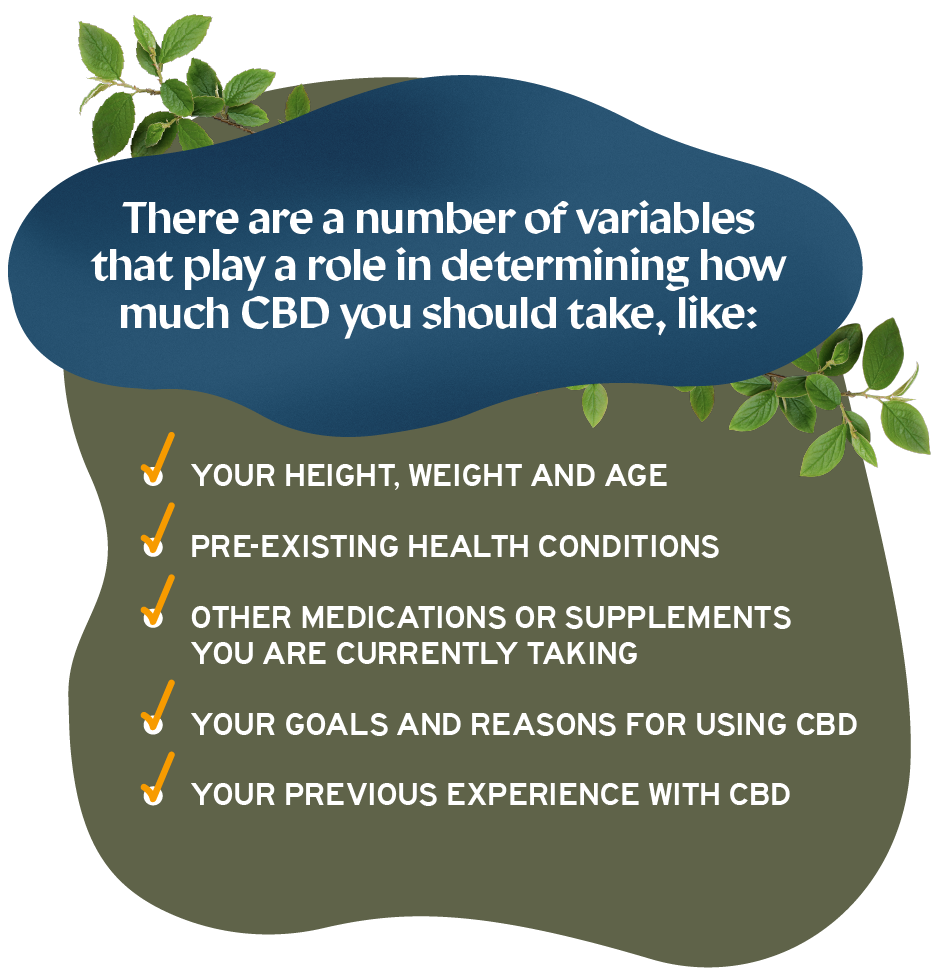
There are a number of useful tools online that are designed to assist consumers in answering these questions and recommending the proper CBD dosage to get started like the crowd-sourced site CBD Dosage Calculator.
While online resources can be immensely helpful in navigating your CBD experience, consulting a health professional for an individualized plan is always recommended.
Daily CBD Microdosing
After consulting a physician and factoring in diet and size, the initial dosage of CBD should be:
- 2.5mg per kilogram of body weight, twice a day (around 5mg/kg a day)
After a week, the dosage can be increased to 5 mg/kg twice daily, or 10 mg total, every day.
Potential CBD Side Effects
The good news is, side effects from high doses of CBD are not life-threatening. The most common side effects are upset stomach, fatigue, and weight changes or diarrhea.
Side effects will depend on the user’s diet, and what type of CBD was consumed. For example, higher doses of a CBD tincture might be more likely to lead to an upset stomach, while others may lead to fatigue. Tinctures are more likely to cause an upset stomach because of sensitivity to cannabis oil, while gummies are easier on the stomach.
Because CBD can be taken orally, topically, or through inhalation, the side effects may be different depending on the form.
The best way to prevent unwanted side effects from CBD is for individuals to discuss with a doctor and research their personal goals, conditions, and body, before dosing.
Types of CBD Products

CBD is often administered through two primary methods - either orally or topically.
CBD can be ingested in a variety of ways: tinctures, gummies, tablets, nasal sprays, and even beverages. There are also a number of topical CBD treatments like oils, salves, lotions, patches and sprays.
The variety of products for dosing CBD has grown tremendously over the past several years with the popularity of cannabis as an alternative form of wellness. Rising demand and varied need states has created a slew of innovative and unique product offerings for consumers to choose from.
The specific form of CBD a user chooses should also consider research on what ailment is being treated. For example, some wellness concerns may be best treated with sublingual (under the tongue) drops, while some benefit most from a nasal spray.
With the variety of CBD dosing products, there are an increasing number of ways for individuals to incorporate CBD into their wellness regimen.
Full Spectrum vs THC Free CBD Gummies
Product type is just one aspect to consider when purchasing and dosing CBD. The type of CBD and the cannabinoids included in the formulation of the product also varies by brand and product. Brands should always identify the CBD extract type and the dosage clearly on the label.
The three types of CBD extract include:
- Isolate: only CBD
- Full-Spectrum Gummies: Cannabis and hemp contain a wide variety of active ingredients, called cannabinoids, in fact over 65 have been identified. Full-spectrum CBD preserves all the naturally occurring cannabinoids, including THC, with the allowable .3% threshold. This is thought to be the most effective type of CBD.
- Broad-Spectrum: CBD and other cannabinoids without the THC (the “intoxicating” cannabinoid). If you’re looking for the benefits of CBD without the high, buy the best THC Free CBD gummies for sale from us today.
Other Cannabinoids Besides CBD
In addition to CBD, cannabis plants contain a number of other compounds that provide equal benefits for similar wellness concerns. The cannabinoids found in cannabis can be broadly categorized into two categories: psychoactive and non-psychoactive. These compounds all provide their own unique therapeutic benefits, often with equal and similar benefits to CBD.
It’s important for new CBD users to consider the other cannabinoids that may be present in CBD products they purchase. Common non-psychoactive cannabinoids may include THCa, CBG, and CBC all of which provide wellness benefits. Cannabinoids that may also be included that do have psychoactive, intoxicating effects include THC, THCv and CBN.
Studies show that CBD is the most beneficial when used with other cannabinoids due to the entourage effect. That means that full-spectrum gummies are a great way to get the best benefits of CBD.
Benefits of CBD
Along with research about the best forms of CBD administration, there is continuing research on the benefits of CBD.
From pain relief to neuroprotective properties, CBD is effective at preventing and treating numerous ailments. The best form of CBD for an individual to use depends on the specific wellness concern being addressed.
For example, topical CBD can be used for pain relief of muscular pain and menstrual cramps, but will not be effective for anxiety treatment. Whereas tinctures and CBD joints are often used for anxiety and depression. Using CBD as a sleep aid has become increasingly popular as a non-habit-forming way to catch some zzz’s.
CBD Dosing & Safety Information
CBD products are not regulated by the Food and Drug Administration (FDA). Because of this, it becomes more difficult to be sure that a CBD product contains what is listed on the label. With the increasing demand for CBD, there are plenty of companies ready to produce things with CBD, without care for the effectiveness or safety of their product in order to make a quick dollar.
It’s important for any cannabis user, new or experienced, to consider this when identifying and administering a CBD dosage.
According to one study, some CBD products on the market even contained more THC than they claimed. When trying a new product, individuals should always test with a smaller dosage than normal to make sure it has the intended effect. There was another study even recently that revealed an even more daunting fact about 25% of CBD products didn't test for pesticides, heavy metals, or microbial.
When looking to purchase CBD products look for reputable brands that offer 3rd party lab testing to validate what's inside their products.
Where to Find CBD Edibles
CBD is federally legal in the United States but finding CBD edibles can still be confusing, especially as laws on selling CBD vary by state. You can buy CBD through a variety of retail outlets, you can go to a specialty CBD shop, or some traditional retailers like Whole Foods or GNC offer CBD. You can also look to purchase CBD online and have it shipped straight to your house.
Alchemy Naturals CBD products are available in more than 600 CBD stores nationwide and are available with free shipping online. Our full spectrum CBD gummies are formulated to treat common wellness-related concerns like Sleep, Stress, and Pain. All of our effect-based formulations are vegan, all-natural, and third party lab-tested to ensure the highest quality experience possible.

